The most important tip is: BE PREPARED!
How to prepare for a first interview:
Know your resume – Interviewers will refer to your resume throughout the interview, so make sure you know it inside & out.
Do your homework about the company you are interviewing at. The easiest way to research a company is to visit its website, click on as many links as possible. It’s not an exam, so there’s no need to memorise everything you see on their website, just familiarise yourself on what the company does, the products or service they offer and a little bit about the people and size of company. The more interest you show in the company the better, as it shows the employer how committed you are.
What you wear and how you present yourself is often as important as your experience. Therefore, choose an outfit that is appropriate for the job you’re interviewing for and pay attention to your body language and tone of voice throughout the interview. Be confident, friendly, have eye contact and remember to smile. You may feel shy and nervous, that’s ok, as most people do in these situations. The saying “fake it till you make it” can be helpful – as pretending that you are fine can actually help you to be fine and feel less nervous.
Think about questions you might be asked by the interviewer.
The first question you will often get asked is “tell me about yourself”. What seems like such a simple question can really make you sweat, especially in an interview! What exactly should you share? There are many ways to answer this question but an easy one to remember is to use the ‘Present-Past-Future’. So, first you start with the present – what you’re doing right now. Then mention the past – a little bit about the work experiences you’ve had or studies and your skills you learned there. Then end with the future – which is why you are really excited for this job!
Other examples of the type of questions you could be asked are:
- Can you please tell us about your recent experience at what were your day to day tasks?
- What did you enjoy most about your experience?
- What type of computer skills do you have?
- What skills would you like to develop in this job?
- What are you looking for in your next job?
- What type of environment do you enjoy working in?
- Where do you see yourself in the next three years?
- What are your strengths and weaknesses?
- Why do you want to work for this company?
One of the most common questions you can be asked in an interview is ‘What are your strengths and weaknesses?’. When answering this type of question you might like to consider the following:
STRENGTHS: It is important to provide specific examples to demonstrate your ‘strengths’. For example someone in retail or hospitality could be ‘passionate about customer service’, therefore explain a time where you went out of your way to fulfil a customer’s request. Make sure your examples are truthful and can be backed up by a referee.
WEAKNESSES: Try not to use the word weakness instead, start your sentence with: ‘My area for improvement is……’
Being able to say you are actively trying to change your weakness into a strength is also a good idea. For example, ‘My area for improvement is public speaking and I have just enrolled in a toastmaster’s course.’
- Prepare your own questions as at the end the employer will usually ask if you have any questions for them. It is important to have some prepared to show you are interested in the company or the job. Some questions you might consider:
- Ask about the company size, how long the company has been operating, who their clients are.
- What is the size of the team you would be working in should you get the job.
- Should you get the job, how soon would they need you to start.
- Is public transport easily accessible.
- Are there opportunities for growth and career progression within the company.
- Are they interviewing many people for this role.
- What would be the next step should they be interested in progressing your application further. Will there be a 2ndinterview stage.
- When will you hear from them again.
- Don’t just focus on why working for their company would be good for you. Think about what you can bring to the company; for example skills and qualities that you could apply to the role. This is important to get across to your prospective employer.
- Your aim is to stand out from the crowd; be confident and professional. Showing enthusiasm and a keen interest in the company will rate highly with the interviewer regardless of your previous work experience or qualifications.Also look for social cues – by watching people’s body language. If you have been talking for what feels like a long time, does your employer look like they are still listening, or ready to move onto the next question? Don’t forget all job interviews are learning curves. Analyse how you think the interview went. If you’re turned down after a job interview, try to remember to ask the person WHY and thank them for giving this feedback, even though it might feel negative. Constructive feedback can be hard to give, but is very valuable to improve your chances of success the next time round!
Here is link to help you best prepare for your next interview: https://youtu.be/enD8mK9Zvwo

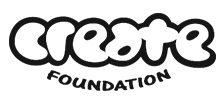

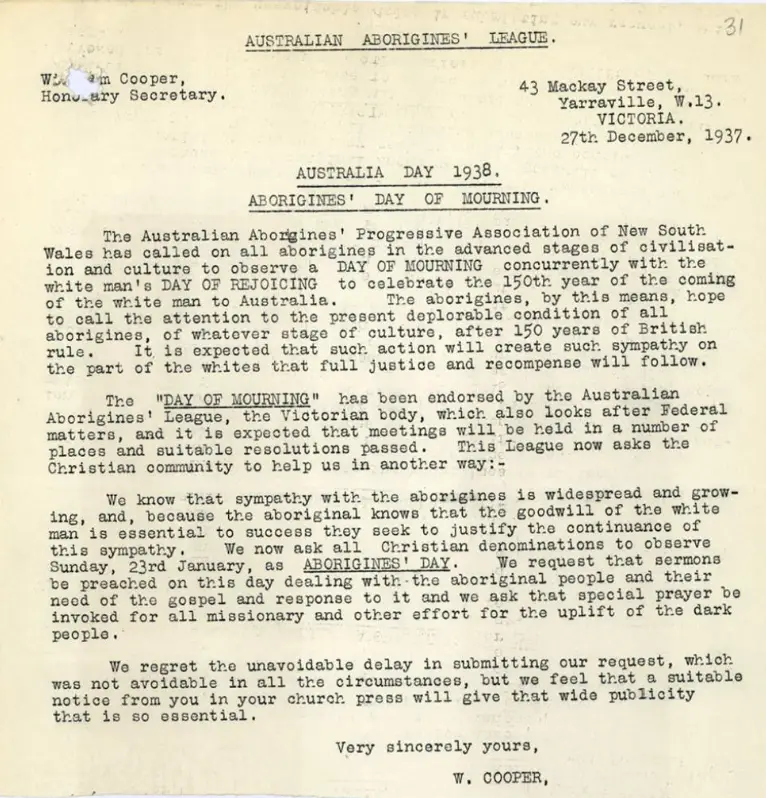
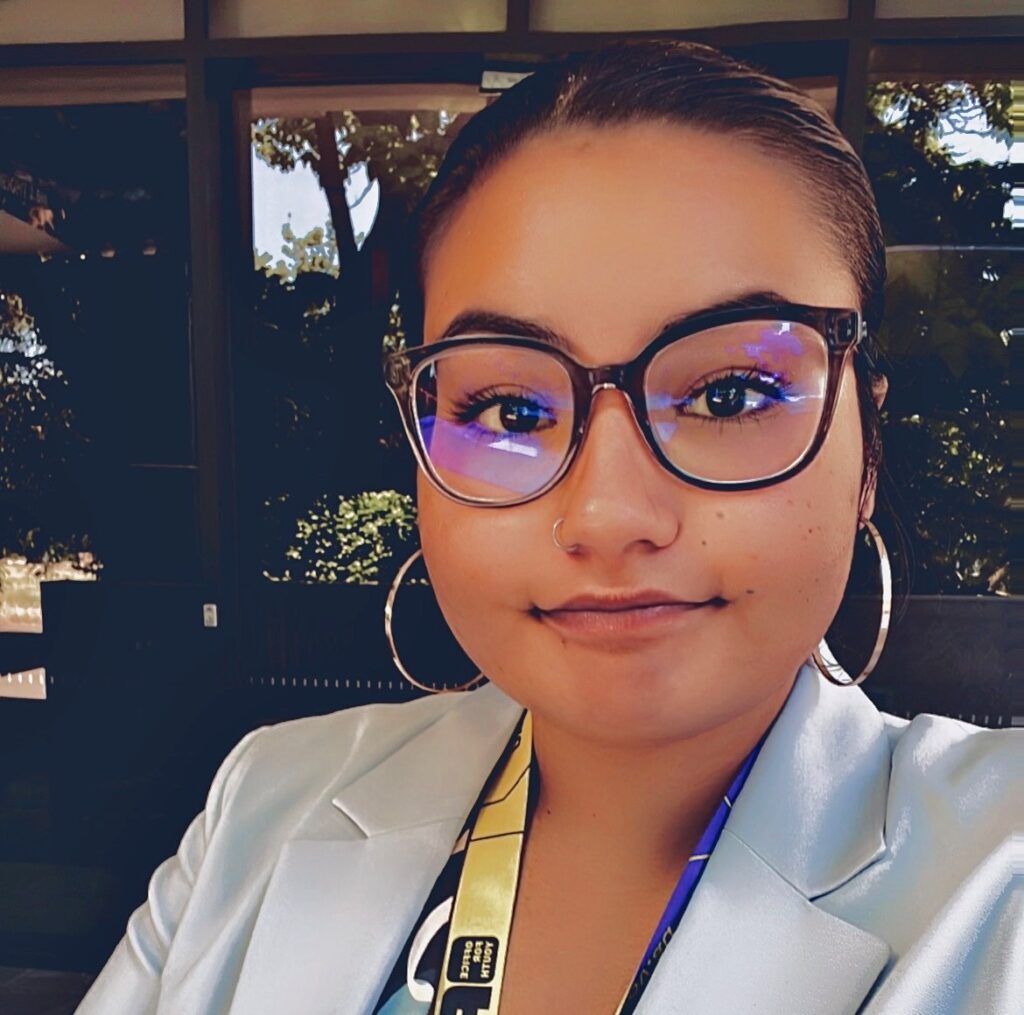

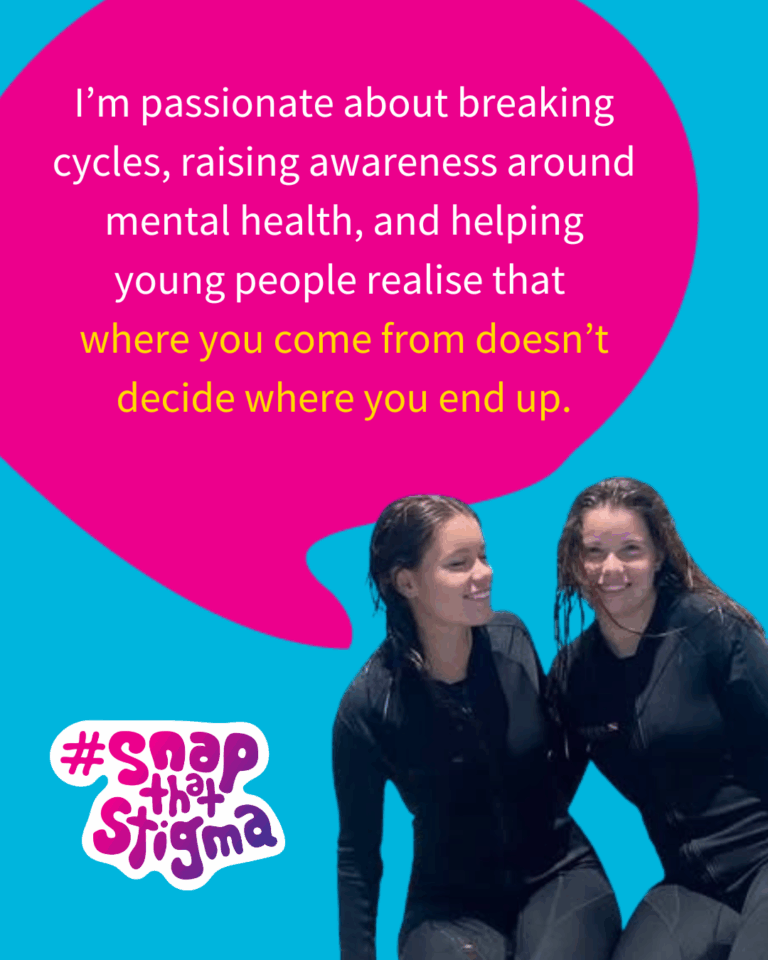

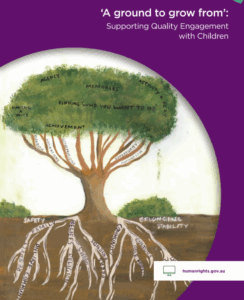



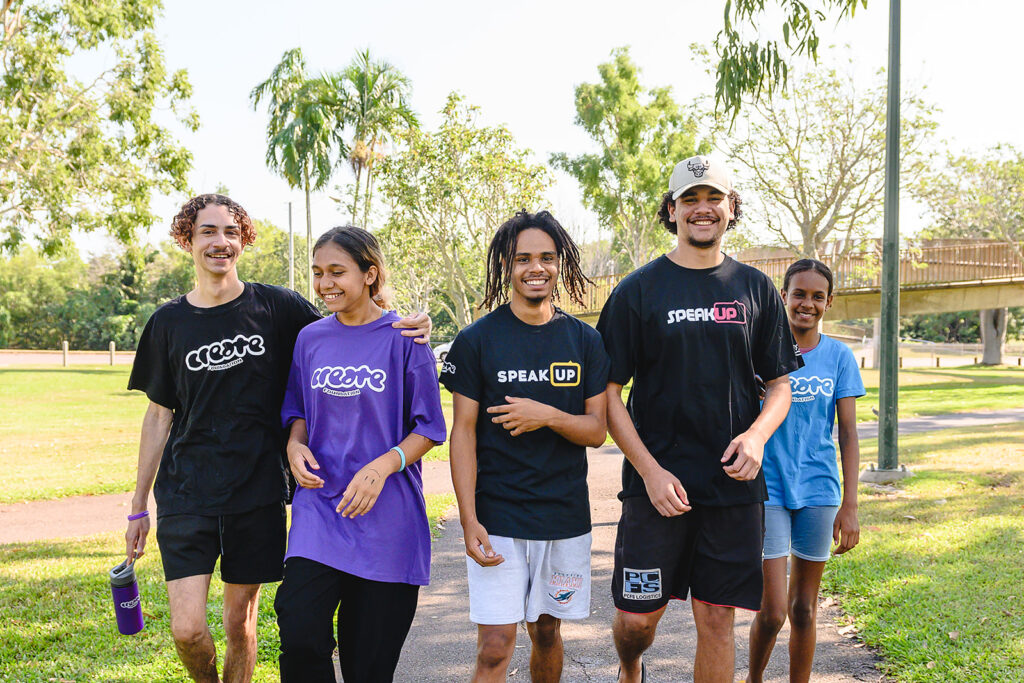

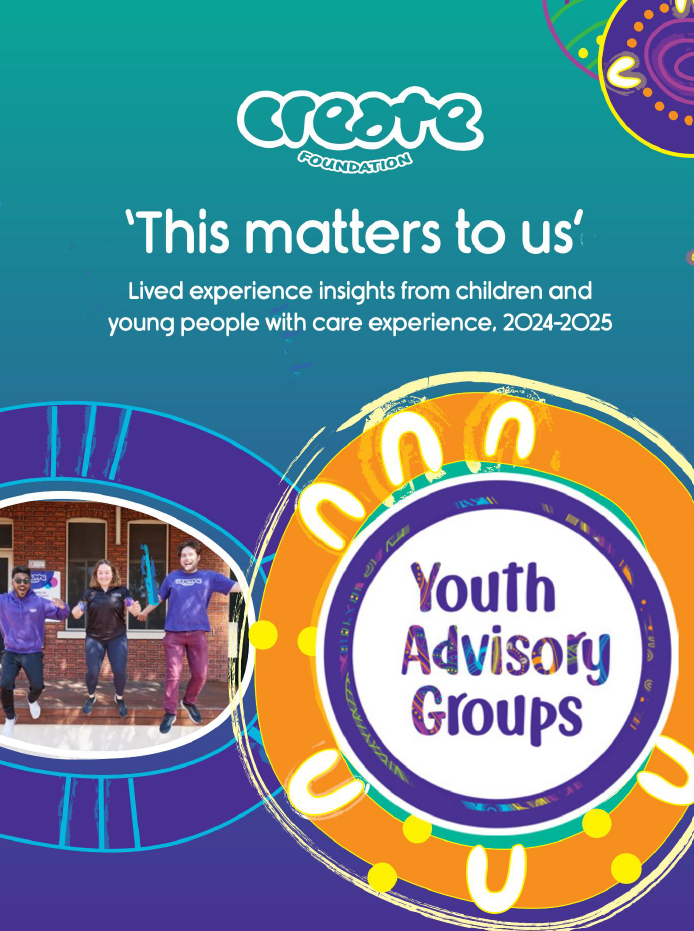
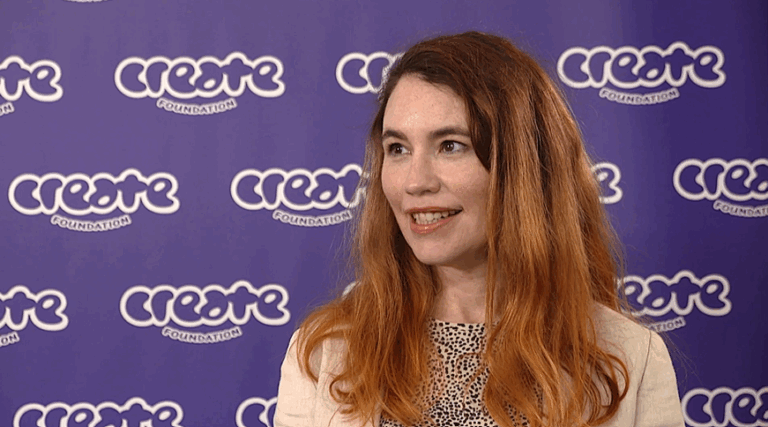
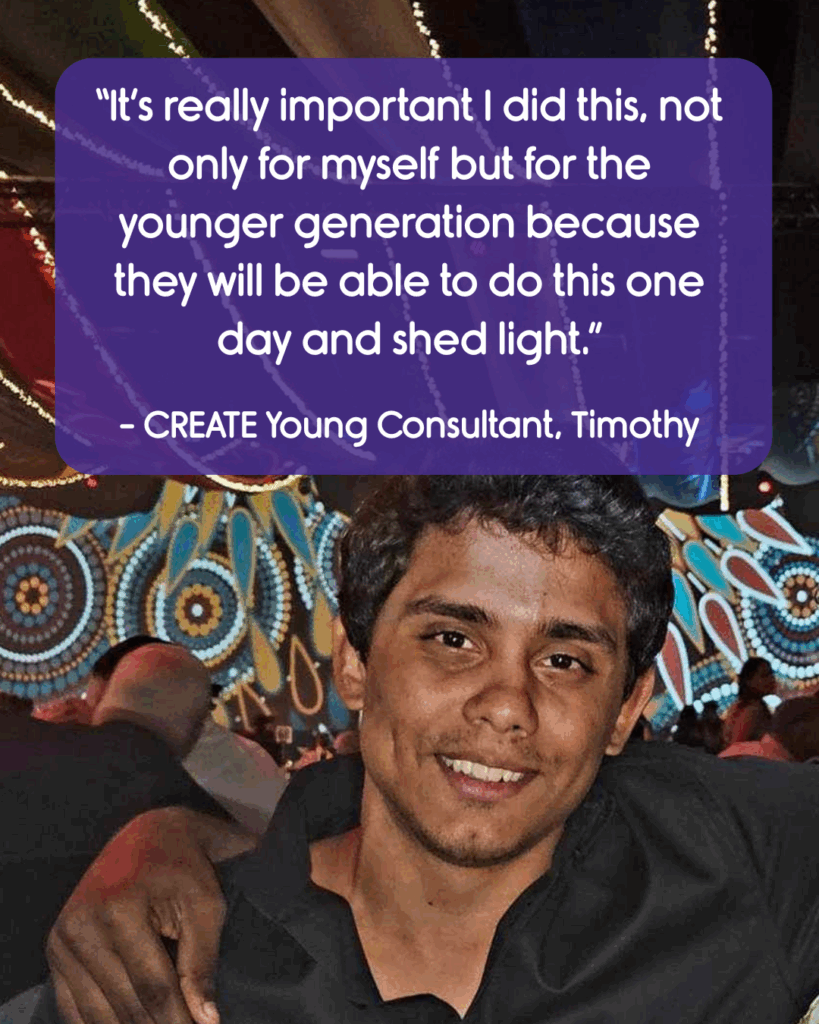
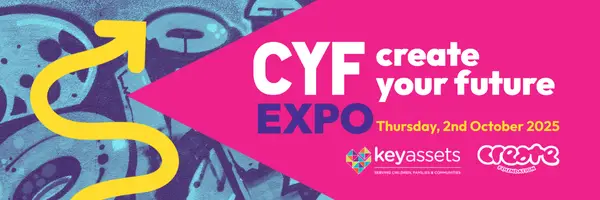
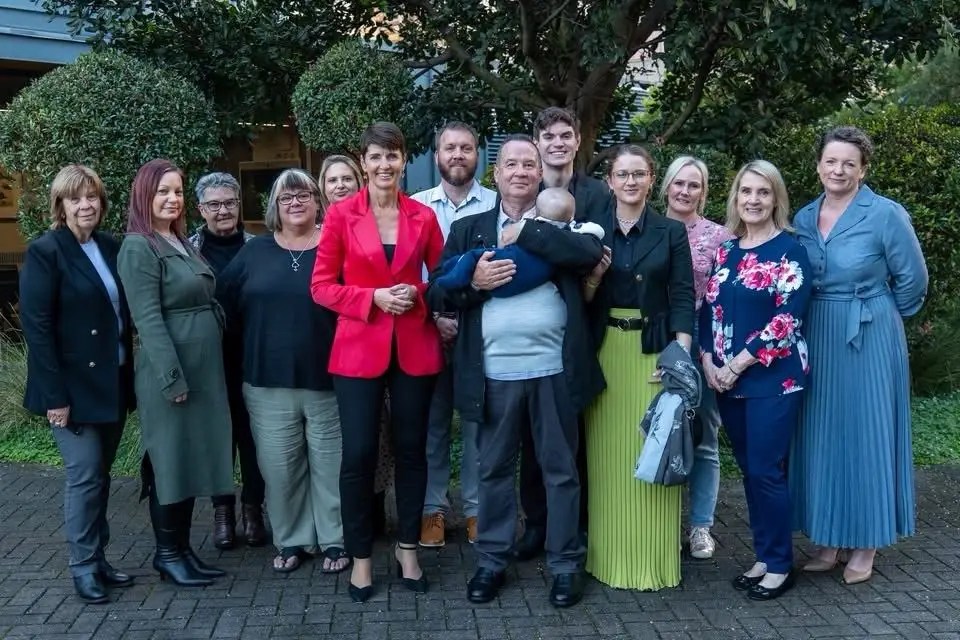


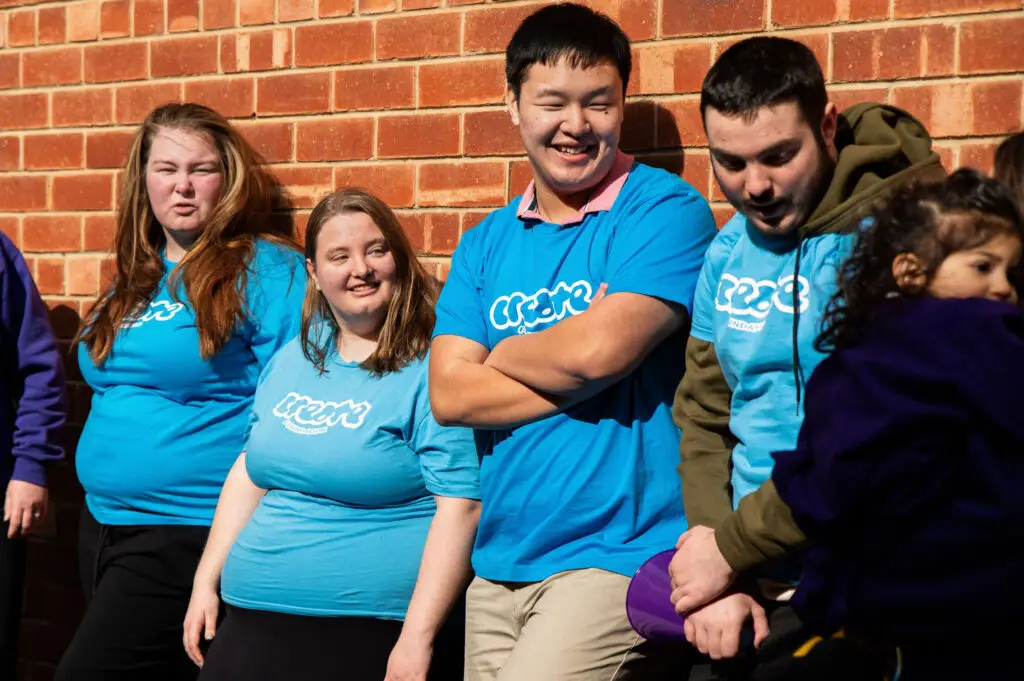


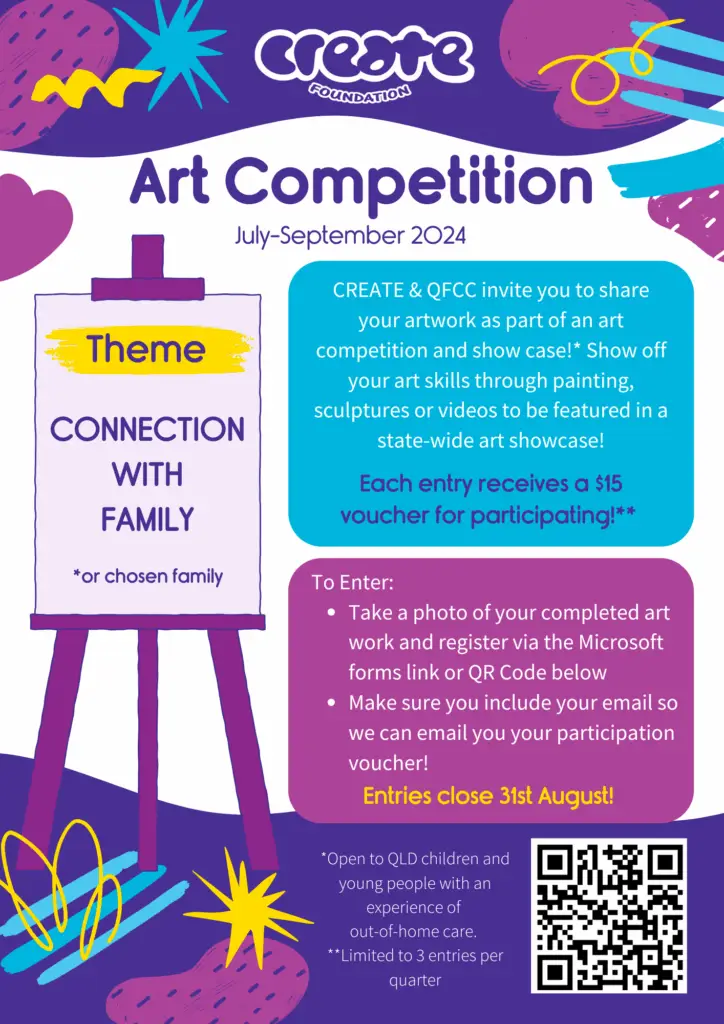
like create on facebook